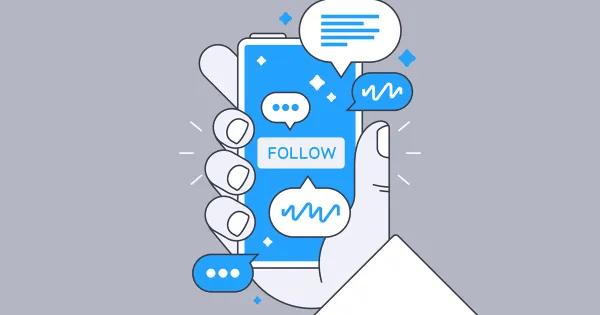When you think of social media influencers, LinkedIn creators aren’t usually top of mind.
However, the professional networking platform has seen an abundance of thought leadership over the past few years, paving the way for a new kind of influencer.
For Lyft and productivity platform Notion, LinkedIn has become a key channel as they look to scale and drive impact. At ADWEEK’s Social Media Week conference in New York, Danielle Ito, Notion’s influencer marketing manager, and Anya Schulman, Lyft’s social media manager, discussed the rise of LinkedIn influencers and how they’re leveraging the platform for brand-building.
Recognizing LinkedIn creators
At Notion, the social team recognized the opportunity to build its brand on LinkedIn when they noticed an uptick in thought leadership posts on the channel in the past two and a half years.
Ito’s team was tasked with building awareness for the productivity app’s use cases, so it turned to LinkedIn to do so.
“LinkedIn was just starting to become a platform where people were posting more thought leadership content versus just looking for a job,” she said.
Notion started reaching out to influencers for paid partnerships, which led to a rise in awareness for the brand. Earlier this year, it launched its biggest LinkedIn creator campaign, Notion Faces, which allowed consumers to create custom portraits for their profile picture.
Lyft began marketing on LinkedIn a year ago. The rideshare app leaned into its own execs’ followings, including CEO David Risher, who often posts his personal drives on his account.
Schulman said the brand noticed that people were steering away from “bragging about their new jobs” and instead beginning to build communities among their followers through personal posts. This insight then led Lyft to test out the space.
A different type of creator
Regarding LinkedIn, both Ito and Schulman shared that working with creators on the platform differs from its Instagram or TikTok creator partnerships due to the nature of the app’s content.


